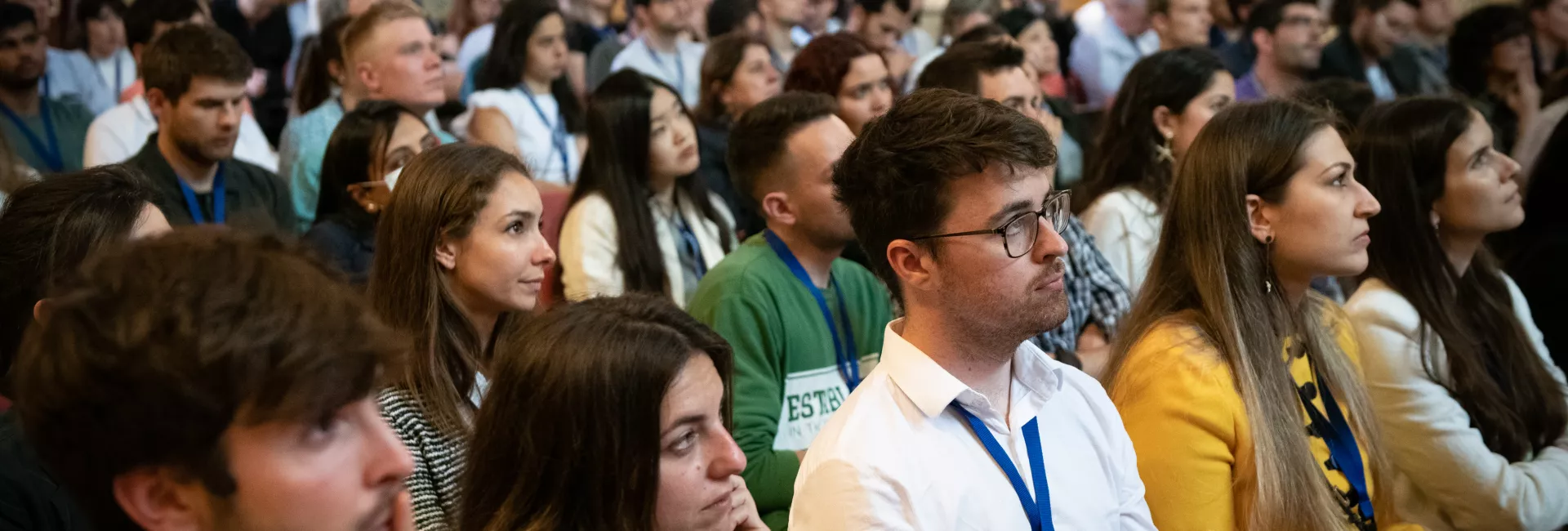Speaker: Cesar Serrano, MD PhD - GL Sarcoma Translational Research Laboratory - Attending Physician - GU - CNS and Sarcoma Unit - Vall d'Hebron Institute of Oncology (VHIO) - Vall d'Hebron University Hospital
Presentation
Organizer: IRB Barcelona
Date: Tuesday 25 May 2021, 12.00h
Title: Deciphering the crossroads of KIT-mediated oncogenesis: from the laboratory to the patient
Host: Manuel Serrano
Biomed Webinar
ABSTRACT:
Oncogenic activation of tyrosine kinases governs the course of the disease in selected neoplasms, generating unique dependencies that can be exploited therapeutically. Gain-of-function mutations in KIT or PDGFRA receptor tyrosine kinases are a hallmark feature of gastrointestinal stromal tumors (GIST), the most common malignant mesenchymal neoplasm and a clinical and biological paradigm to identify structural and functional mechanisms for drug response and drug resistance. GIST exhibit remarkable clinical responses to treatment with first-line imatinib and other tyrosine kinase inhibitors (TKIs) targeting these receptors. However, resistance eventually develops, mainly through the polyclonal outgrowth of secondary mutations in KIT and PDGFRA, thus underscoring the relevance of KIT/PDGFRA transforming program across all stages of the disease.
In order to overcome this heterogeneity, our group has developed several strategies, such as rapid alternation of TKIs with complementary activity, ctDNA assessments and switch control kinase inhibition. Notably, prior to the emergence of resistance as such, adaptive resistance to targeted inhibition of GIST drivers involves induction of cell quiescence, which is specifically driven by the E3 ubiquitin ligase Atrogin-1, and sustained more broadly by later MAPK pathway reactivation. Several layers of complexity are brought to this picture, as other biological processes appear to be involved in the modulation of TKI response, such as chromosome instability and tumor immune microenvironment.
Open to predoctoral UPF students
If you are interested in participating please send an email to natalia.molner@irbbarcelona.org
Open to predoctoral UPF students
If you are interested in participating please send an email to natalia.molner@irbbarcelona.org

